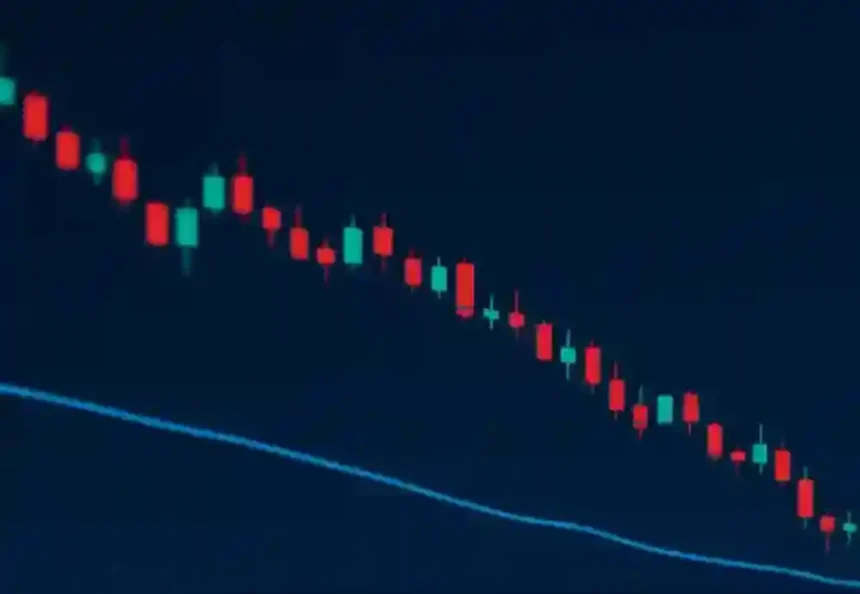Foreign investors have turned sharply bearish on Indian equities, marking their most negative stance in nearly two years. The sell-off has been fueled by a weakening rupee, steep US import tariffs, stretched market valuations, and signs of slowing corporate earnings growth.
Data shows that overseas funds offloaded Indian shares worth ₹15,990 crore in August, following heavy outflows of ₹17,740 crore in July. The bearish mood is also evident in the derivatives market, where the long-short ratio has plunged to 8.28% from about 15% in the third week of July — meaning foreign investors now hold nearly 10 short positions for every long position.
Adding to the pressure, the Trump administration has imposed an additional 25% tariff on Indian goods, effectively doubling total levies to 50%. This trade action has sparked renewed concerns over India’s export competitiveness.
The benchmark Nifty and Sensex have now logged six straight weeks of losses, while the rupee has fallen for five consecutive weeks, sliding to 87.65 per US dollar.
Market strategists say investors are worried about India’s elevated valuations — which remain above long-term averages and higher than many emerging-market peers. There are also rising fears that private investment and consumption growth could slow in the coming quarters, weighing on corporate performance.
Analysts caution that unless there’s a shift in foreign sentiment or positive triggers emerge, Indian equities could remain under pressure in the short term.









